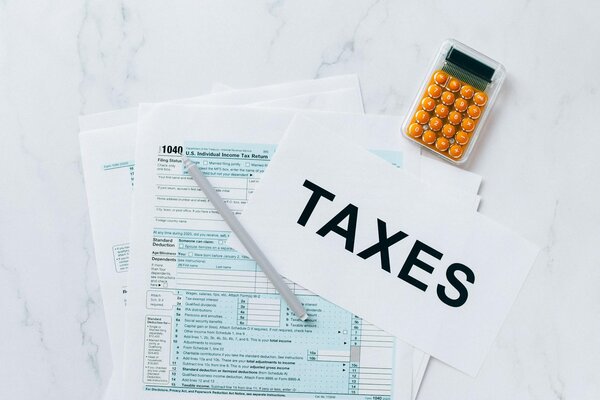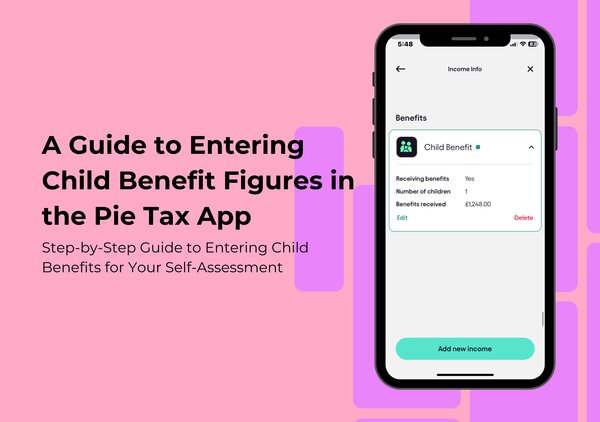
The start of the 2025–2026 tax year has witnessed a remarkable surge in early tax returns, with almost 300,000 self-assessment filings submitted in just the first week. This is an all-time record for early tax return submissions, marking a significant shift in taxpayer behaviour.
The increase in early filings is being attributed to growing awareness of the self-assessment process, as well as the growing complexity of tax requirements for many individuals. Taxpayers, both new and experienced, are increasingly choosing to submit their returns promptly, avoiding the pressure of the January deadline.
This proactive approach reflects broader trends in personal finance, with many taking greater responsibility for their financial planning and tax obligations.
A Surge in Early Tax Return Submissions
The 2025–2026 tax year has kicked off with a dramatic rise in self-assessment filings. Nearly 300,000 tax returns were submitted within the first week alone, setting a new benchmark for the early submission period. This marks an important shift in taxpayer behaviour, as more individuals are opting to file their returns as early as possible, well ahead of the traditional deadline in January.
Experts suggest that the surge could be due to several factors, including increased awareness about the self-assessment system and the benefits of filing early, such as avoiding last-minute stress and potentially receiving a quicker refund. Additionally, the increased complexity of the tax system and the rise in self-employment means more people are engaging with the process sooner rather than later.
Factors Driving Early Filings
Several key factors appear to be influencing the early filing trend. A major driver is the rising popularity of digital platforms and tax software, which have simplified the submission process.
Taxpayers no longer need to navigate a complex paper-based system, allowing for quicker and more efficient filings. Moreover, many individuals are eager to avoid the "January rush," which often results in last-minute technical issues and increased competition for HMRC's attention.
Additionally, the growing trend of self-employment, freelance work, and side businesses has made early tax filing more necessary for many. This increased complexity has led to a greater number of taxpayers seeking clarity earlier in the year, which explains the rise in early submissions.
Taxpayer Preparedness: A Shift Toward Proactive Planning
The nearly 300,000 early returns signal a shift in the way taxpayers approach their obligations. Instead of waiting until the final deadline to complete their self-assessments, more are choosing to submit their returns as soon as possible. This proactive approach not only reduces the risk of errors but also ensures that tax refunds, if applicable, are processed faster.
Financial advisors have long encouraged early filing, particularly for those with complex returns, as it provides ample time to address any discrepancies or issues. This year’s record-breaking submissions may indicate that more individuals are following this advice, highlighting a shift toward smarter tax planning.

Implications for HMRC
HMRC, which oversees the self-assessment process, has also taken notice of this increase in early submissions. The surge in filings presents both opportunities and challenges for the tax authority.
On the one hand, it enables HMRC to process returns more efficiently, reducing the end-of-year backlog. On the other hand, the volume of returns in the early part of the year could put pressure on HMRC’s resources, requiring them to adapt to a new, more distributed flow of filings.
This shift could have long-term implications for how HMRC handles submissions in future years, potentially encouraging the development of more sophisticated tools and services to manage the growing number of self-assessment taxpayers.
Early Tax Filings and Refunds
For many taxpayers, one of the key motivations for filing early is to receive any potential tax refunds sooner. The increased volume of early filings could mean that refunds are processed more quickly, helping individuals who are due money from HMRC access their funds faster.
The faster turnaround on refunds is particularly important for self-employed individuals, who may rely on these funds to manage their cash flow throughout the year. The trend towards early filing also aligns with broader financial planning goals. Many taxpayers are becoming more proactive in managing their finances, and filing early helps ensure they are not caught off guard by unexpected liabilities.
Impact on Financial Planning
As more taxpayers embrace early self-assessment filing, financial planning is becoming an integral part of the process. Many are using the submission period as an opportunity to review their financial situation, seek professional advice, and make adjustments to their tax planning strategies. This reflects an increasing recognition of the importance of tax efficiency and long-term financial health.
Tax advisors have noted that early submission allows for more time to seek professional advice on complex tax issues, such as deductions for business expenses or changes in tax laws. With these shifts in taxpayer behaviour, the role of tax professionals is becoming increasingly essential for providing guidance and support to individuals seeking to optimise their tax positions.

Fun Fact
Did you know? The self-assessment system allows taxpayers to submit their returns as early as they like, and while the official deadline is January 31, those who submit before October 31 can avoid any penalties if they pay their tax owed before the deadline.
This encourages many to file early to ensure everything is in order well ahead of time.
Conclusion
The record-breaking number of early tax returns reflects a broader change in how taxpayers approach their financial obligations. More individuals are taking proactive steps to file their returns early, avoiding the pressure of the January rush and ensuring faster processing of any potential refunds.
The factors driving this shift such as greater awareness, digital platforms, and increasing self-employment are likely to continue influencing tax behaviour in the years to come. As taxpayers embrace early submissions, financial planning and timely submissions will play a larger role in securing efficient and accurate tax management.
Frequently Asked Questions
Why are more people filing tax returns early?
Taxpayers are increasingly choosing to file early to avoid the January rush, receive potential refunds quicker, and ensure their returns are processed smoothly. The rise of digital tax platforms has also made early filing more accessible.
What benefits does early filing offer?
Filing early can lead to quicker processing of refunds, reduces the risk of last-minute errors, and allows taxpayers more time to seek professional advice if needed.
Can I file my tax return anytime during the year?
Yes, self-assessment returns can be filed at any time during the year, but they must be submitted by January 31 to avoid penalties.
What happens if I file late?
Late tax returns are subject to penalties. You may face an initial fine of £100, with further penalties if the delay extends beyond three months.
How does early filing affect HMRC?
The rise in early filings helps HMRC manage workloads better, reducing the end-of-year backlog, but may also present challenges in terms of managing the volume of early submissions.











